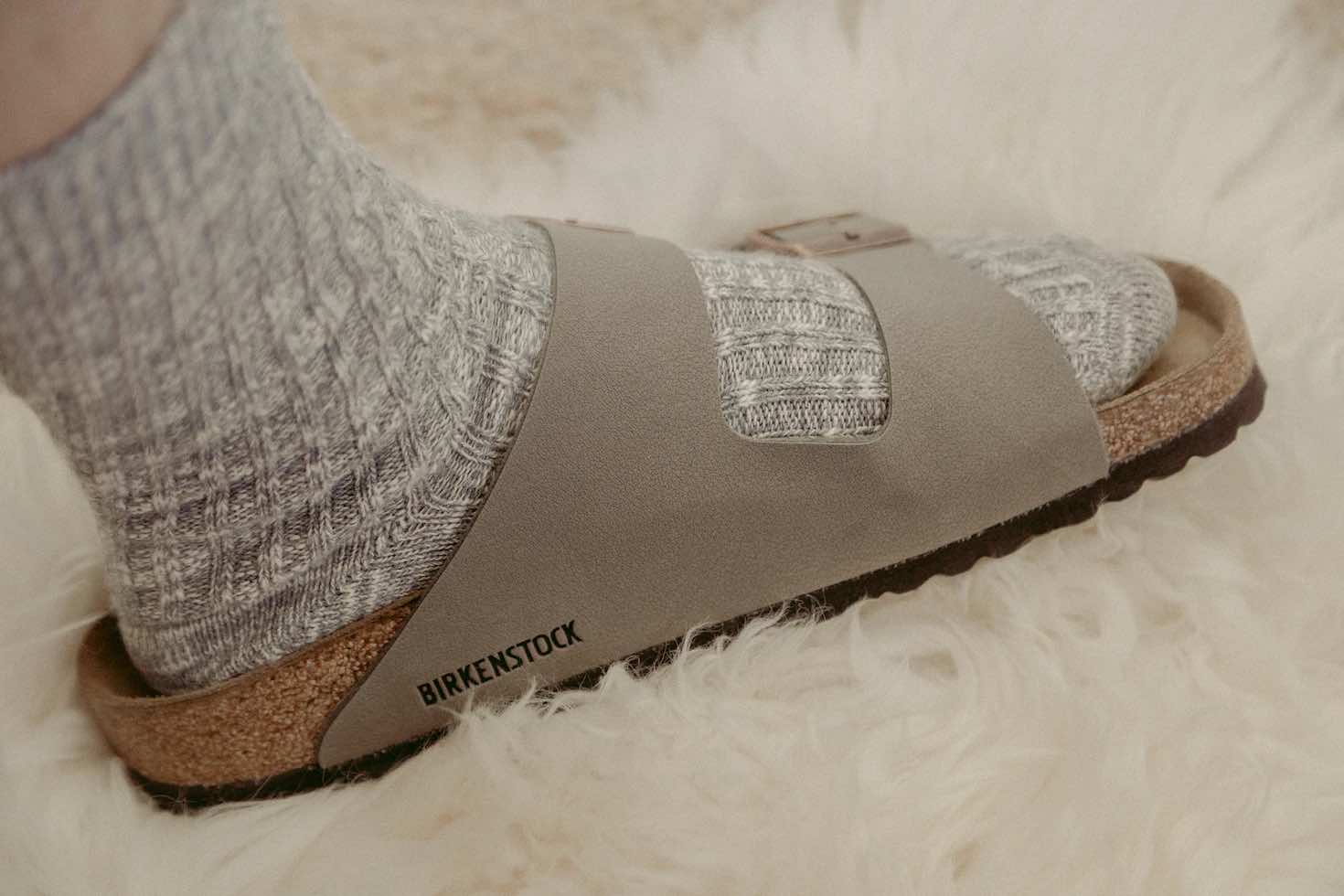In a move emblematic of the allure that US equity markets continue to exert on European enterprises seeking enhanced valuations, Birkenstock, the renowned German footwear manufacturer, has officially submitted its paperwork for an initial public offering (IPO). While this development underscores the company’s intentions to enter the public domain, it is worth noting that Birkenstock will maintain its ownership under the aegis of private equity firm L Catterton, as revealed in a filing on Tuesday. The terms of the forthcoming share sale are poised to be unveiled in a subsequent submission to the US Securities and Exchange Commission.
Reports from Bloomberg News have hinted that the IPO may bestow a valuation of more than $8 billion upon Birkenstock, a figure that underscores the brand’s resonance in the global market. Leading the offering are financial heavyweights Goldman Sachs Group, JP Morgan Chase, and Morgan Stanley. This landmark move comes over two years after L Catterton and the family investment entity of billionaire Bernard Arnault secured a majority stake in Birkenstock, valuing the company at approximately €4 billion ($4.3 billion).
Birkenstock’s decision to go public arrives at a juncture when the US IPO market is displaying signs of rejuvenation after languishing for 18 months. The filing from Birkenstock follows in the wake of similar announcements from SoftBank Group’s semiconductor designer Arm, grocery delivery service provider Instacart, and marketing and data automation specialist Klaviyo.
Founded nearly 250 years ago, Birkenstock revolutionised comfort footwear with its contoured insole. However, it was in the 1970s that the iconic cork-lined sandals gained widespread popularity, captivating shoppers not only in the US Southwest but also across Europe. Over the years, Birkenstock has successfully transitioned into a high-fashion brand, forging collaborations with luxury titans such as Dior, Manolo Blahnik, and Valentino, and spawning variants through partnerships with labels like Celine and Givenchy.
According to the filing submitted on Tuesday, more than half of Birkenstock’s customers, 54%, reside in the Americas, while Europe accounts for 36% of its clientele. While women constitute 72% of the brand’s customers, Birkenstock has achieved cross-generational appeal, with millennials representing 31% of sales, followed by baby boomers at 30%, Gen X at 27%, and Gen Z at 12%.
For Birkenstock, the impending IPO is poised to cap a remarkable journey. A decade ago, the company’s family heirs relinquished their management roles, paving the way for a strategic overhaul, high-profile collaborations, and explosive demand growth. In a letter to investors included in the filing, Chief Executive Oliver Reichert described Birkenstock as “the oldest start-up on earth,” blending a quarter-millennium-old family tradition with the resilience, timeless relevance, and credibility of a multi-generational business.
The brand’s recent sales have received a boost from the blockbuster Barbie movie, in which the character portrayed by Margot Robbie dons a pair of pink Birkenstocks in a scene.
For the six months concluding on March 31, Birkenstock posted a net profit of €40 million on revenue amounting to €644 million, as indicated by the filing. This compares favourably to the figures from the corresponding period a year earlier, with €73 million in net profit on €543 million in revenue.
Simultaneously, Birkenstock has committed substantial investments to bolster its production infrastructure in Germany, exemplified by the construction of a new €120 million factory in Pasewalk, a town situated north of Berlin.
As it charts its course towards public listing, Birkenstock, poised to become Birkenstock Holding Ltd, has earmarked the New York Stock Exchange as its preferred destination, with plans to trade under the symbol BIRK.




